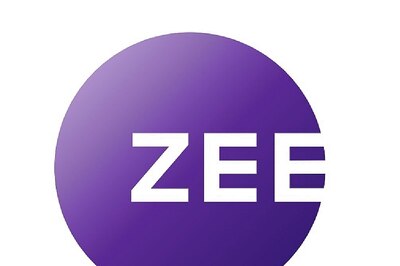
views
Two European Union Parliament committees voted on March 31 to forward proposed legislation that would remove all privacy from cryptocurrency transactions. But the industry believes that this move would hinder innovation and infringe on people’s privacy.
With 93 votes in favour and 14 abstentions, the Committee on Economic and Monetary Affairs (ECON) and the Committee on Civil Liberties (LIBE) voted to adopt draft legislation aimed at reducing crime.
The proposals aim to extend anti-money laundering (AML) requirements that apply to traditional payments of more than EUR 1,000 ($1,114) to the crypto sector.
They also raise the bar for crypto payments, requiring payers and recipients of even the smallest crypto transactions to be identified, including those involving unhosted or self-hosted wallets. Further measures under consideration could cut off unregulated crypto exchanges from the traditional financial system.
In December the authorities said that they wanted to eliminate the EUR 1,000 threshold for cryptocurrency, citing the ease with which digital payments can circumvent the limit, and include private wallets that are not operated by regulated crypto asset providers.
However, many of the more contentious changes were opposed by members of the centre-right European People’s Party (EPP), who condemned what they called a “de facto ban on self-hosted wallets”.
A separate legal proposal presented on March 31 would prohibit transfers to “non-compliant” crypto service providers, such as those operating in the EU without authorisation or those not linked with or based in any state.
“Under the new requirements agreed by MEPs, all transfers of crypto-assets will have to include information on the source of the asset and its beneficiary, information that is to be made available to the competent authorities,” reads a statement the European Parliament released on its website.
Despite opposition from significant sector players such as Coinbase and legal experts who cautioned that unduly harsh privacy violations could face legal challenges in EU courts, the vote passed.
According to the new legislation, Coinbase would have to disclose to the authorities any time a customer acquired more than EUR 1,000 in crypto via a self-hosted wallet, according to the exchange’s CEO Brian Armstrong.
He wrote in a tweet: “Moreover, any time you receive 1,000 euros or more in crypto from a self-hosted wallet, Coinbase will be required to report you to the authorities. This applies even if there is no indication of suspicious activity.”
On the other hand, one of the bill’s supporters stated that traceability is critical.
As reported, Ernest Urtasun, co-rapporteur for the ECON said in a statement, “As illustrated by all the recent money-laundering scandals, from the Panama Papers to the Pandora Papers, criminals thrive where rules allowing for confidentiality allow for secrecy and anonymity.”
Members of Parliament will negotiate the final legislative language with member governments. The measure is expected to be voted on by the European Parliament in April this year.
Read all the Latest Business News and Breaking News here




















Comments
0 comment